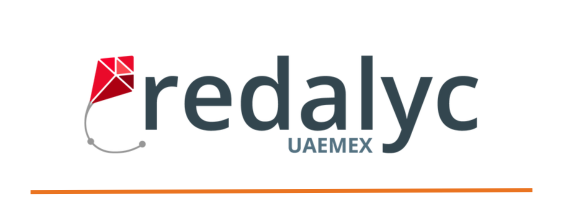Editorial process
Original and unpublished manuscripts submitted to Interfases should undergo a two-stage evaluation process.
In the first stage, the editor reviews the content to determine whether the manuscript is aligned with the scope and complies with the guide for authors. If the manuscript is not accepted, it is returned to the corresponding author, detailing the reasons for the editorial decision.
If the manuscript is accepted by the editor, it is sent to external reviewers who are experts in the research topic.
Peer-review process
This second stage follows to a double-blind peer review, where the reviewer and the author are anonymous.
The reviewer evaluates the content of the manuscript and, based on his/her experience and knowledge, issues one of the following recommendations:
1. The manuscript is accepted without changes or with minor modifications.
2. The manuscript is accepted, conditioned to perform major changes in accordance with the reviewer's comments. The corrected version of the manuscript should be approved in a second round review.
3. The manuscript is not accepted because of the limited contributions of the study or other considerations reported by the reviewer.
Based on the comments issued by the reviewers, the editorial decision should be informed to the corresponding author, who has up to 30 days to submit a modified version of the manuscript (recommendation 1 and 2). If the article is not accepted (recommendation 3), the editor will provide the reasons for his decision.
Once the reviewers receive the corrected manuscript, they have up to 20 days to report the result of their evaluation, issuing a final recommendation. Once the editor receives the second round of reviews, he/she takes a new decision on the manuscript and notifies the corresponding author.
Any objection of corresponding author on the editor's decision or on the reviewers' comments will be resolved by the Editorial Board as the ultimate instance.
The journal adheres to the criteria established in the "Guidelines on Good Publication Practice" of the Committee on Publication Ethics (COPE), which endorses sanctioning procedures in cases of plagiarism.
Generative Artificial Intelligence (GenAI) Policy
Interfases acknowledges the rapid development of Generative Artificial Intelligence (GenAI) technologies and promotes their ethical, transparent, and responsible use in scientific communication. This policy aligns with the recommendations of AmeliCA–Redalyc, COPE, ICMJE, WAME, and STM.
1. Human responsibility
AI tools cannot be listed as authors or co-authors. Full responsibility for the accuracy, originality, and integrity of the submitted work rests exclusively with human authors.
2. Mandatory disclosure of AI use
Authors must disclose any use of GenAI tools, specifying the tool, version, and purpose (e.g., language editing, stylistic improvement, preliminary translation).
3. Permitted uses
GenAI may be used only as an assistive tool for linguistic clarity or grammar improvement. Authors must carefully verify and validate all AI-assisted content.
4. Prohibited uses
Using GenAI to generate data, results, analyses, figures, tables, or unverifiable references is prohibited. GenAI may not replace scientific reasoning or critical judgment.
5. Reviewers and editors
Reviewers and editors must ensure that AI does not replace human judgment. Any use of AI during peer review must be declared, while maintaining manuscript confidentiality at all times.
6. Ethical safeguards
The journal may use AI-detection tools to verify the integrity, transparency, and reliability of submitted manuscripts.
Interfases affirms that GenAI can be a useful support tool, but its use requires ethical and critical human oversight to preserve scientific quality and integrity.





